In a first-of-its-kind study, scientists have discovered microplastics in the human penis. The study found microplastics in five out of six penile tissue samples, raising concerns about the impact on male sexual health read more
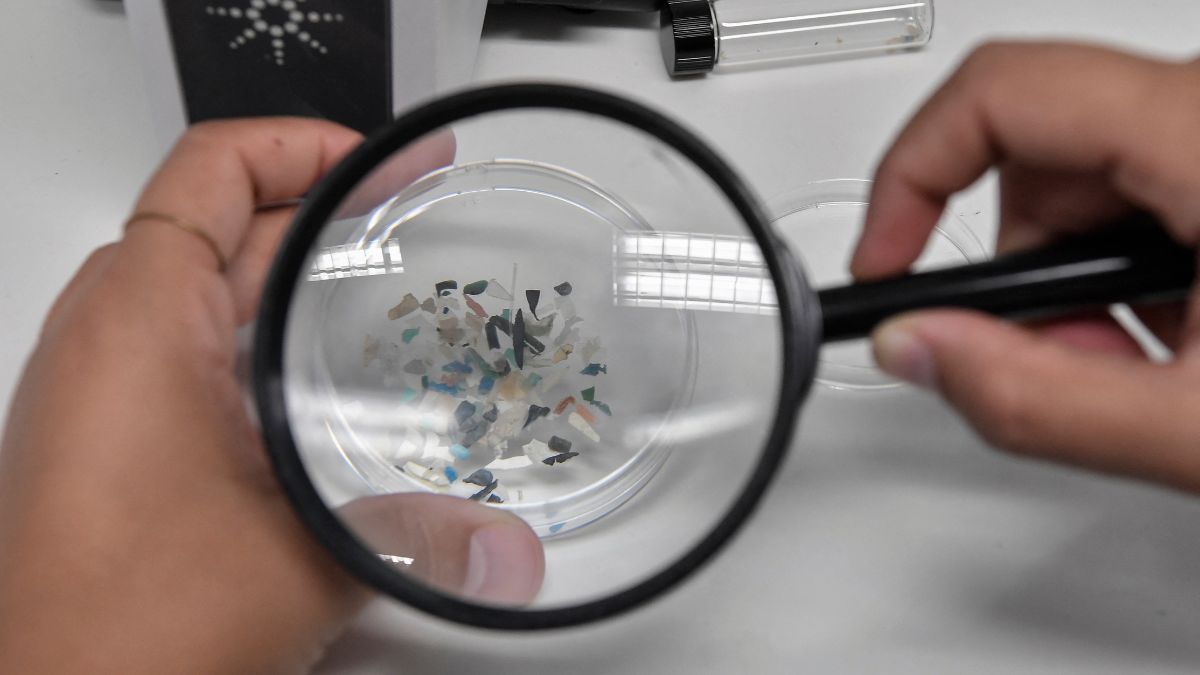)
Miscroplastics have been found in human penis for the first time. AFP
Microplastics are a modern-day bane and they are everywhere. Now in an alarming revelation, scientists have found microplastics present in human penile tissue for the first time, raising crucial questions about the potential impact on male reproductive health, especially erectile dysfunction.
This is not the first time microplastics have been found in private parts. Earlier, a study found a “significant” concentration of microplastics in human testicles and semen.
All this only adds to the growing body of evidence showing how pervasive these tiny plastics have become. The researchers published their latest “groundbreaking” findings in the International Journal of Impotence Research. Here’s what we know about it
The study
The team of researchers first extracted tissue samples from six men who underwent surgery for a prosthesis related to erectile dysfunction at the University of Miami between August and September 2023.
After analysing the samples using chemical imaging, scientists found microplastics in as many as five samples.
“Seven types of microplastics were found in the penile tissue, with polyethylene terephthalate and polypropylene being the most prevalent,” the researchers said.
Polyethylene terephthalate (PET) is widely used in food packaging such as plastic bottles and takeout containers whereas polypropylene is commonly found in plastic bottle caps. According to the study, the microplastics were as small as two micrometres - or two-thousandths of a millimetre.
Of the six, the man who didn’t have any detectable microplastics in his penis “leads a very traditional, Cuban guy elderly lifestyle”, Dr Ranjith Ramasamy, who headed the research, told Business Insider. “He said he doesn’t use a lot of plastics.’
Ramasamy explained to CNN that he wasn’t surprised to find microplastics in the penis, as it is a “very vascular organ,” like the heart. The research team had taken a previous study that found evidence of microplastics in the human heart as a basis for their study.
Despite having a small sample size, the study raises questions about the effect of pollutants on sexual health.
Can it lead to erectile dysfunction?
Microplastics, which are plastics smaller than five millimetres (0.2 inches) in length, have been entering the human body through various means such as the food we eat, the water we drink, the air we breathe, and even through physical contact.
Evidence suggests widespread contamination of human bodies with microplastics, with scientists finding them almost everywhere they look. However, the human penis might be particularly susceptible due to high blood flow during erections, according to a study.
Scientists suspect the dilation of blood vessels during an erection may create an environment where circulating microplastics may interact and accumulate within the penile tissue. Nonetheless, Ramasamy emphasised the need for further research to fully understand the mechanisms involved.
“We need to identify whether microplastics are linked to erectile dysfunctions and if there is a level beyond which it causes pathology and what types of microplastics are pathologic,” he told CNN.
The researchers said the pervasive spread of microplastics was alarming and it was imperative to understand the possible implications for human health.
“As a society, we need to be cognizant that drinking water from plastic water bottles, getting takeout food in plastic containers and, even worse, microwaving food in plastic containers, are contributing to having things in our body that should not be there. And the penis is the one organ that everybody will pay attention to,” Ramasamy told The Guardian.
With input from agencies

 3 months ago
16
3 months ago
16

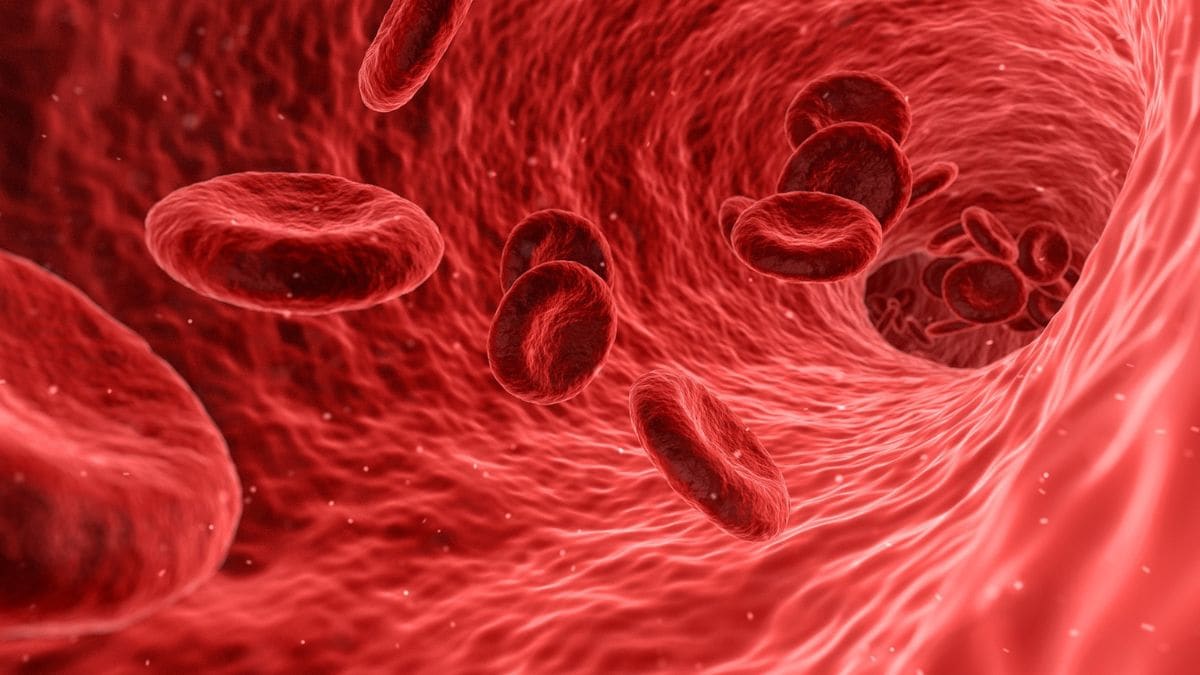

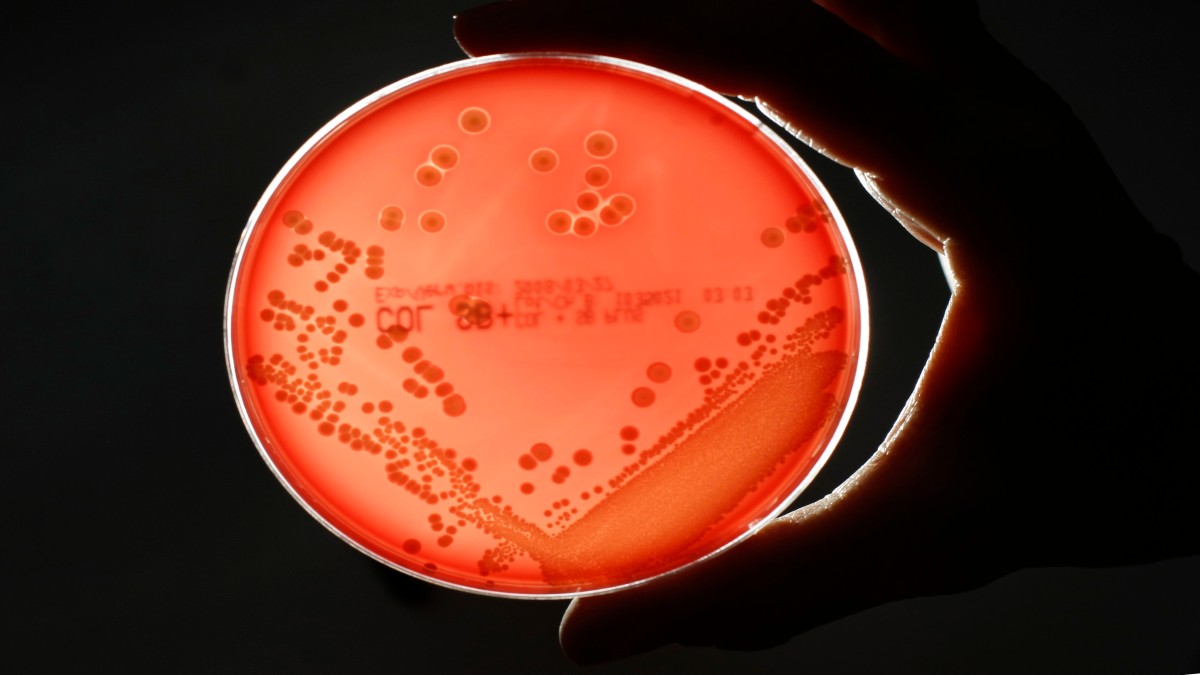



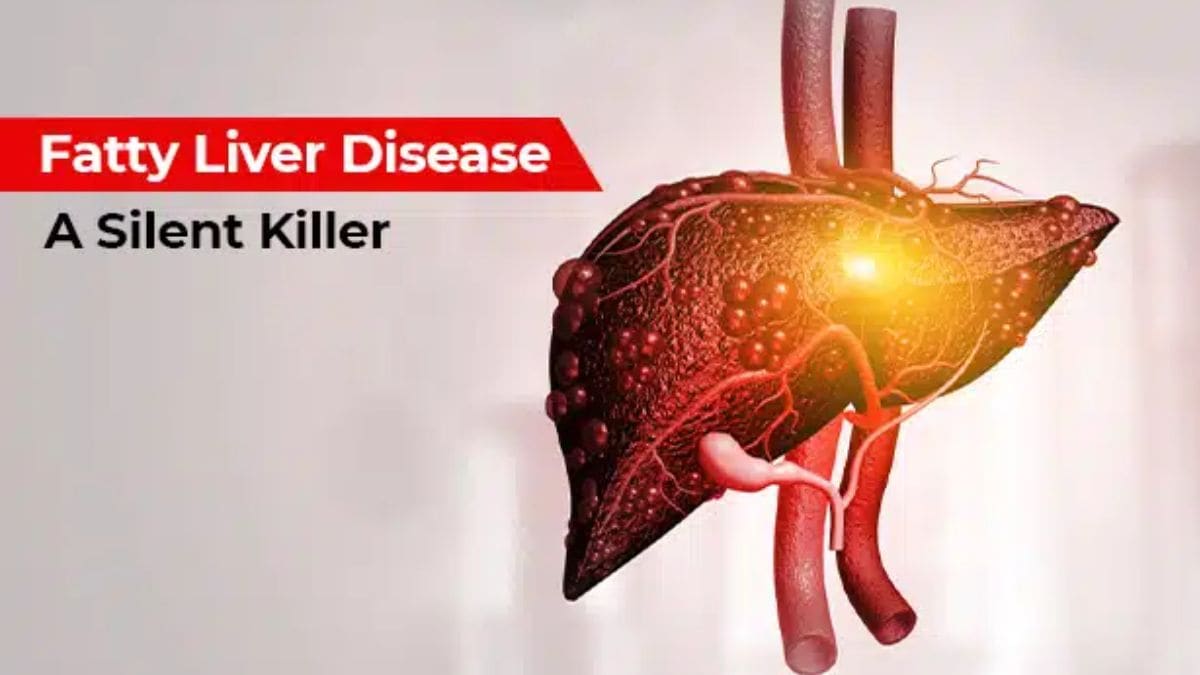
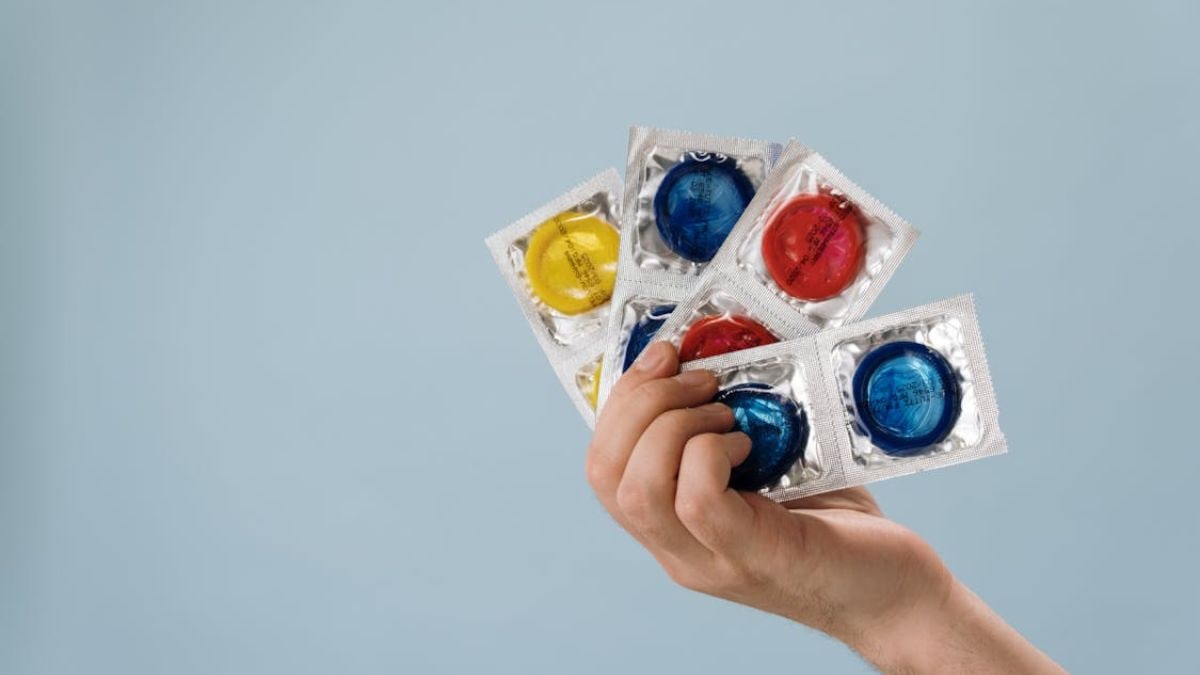
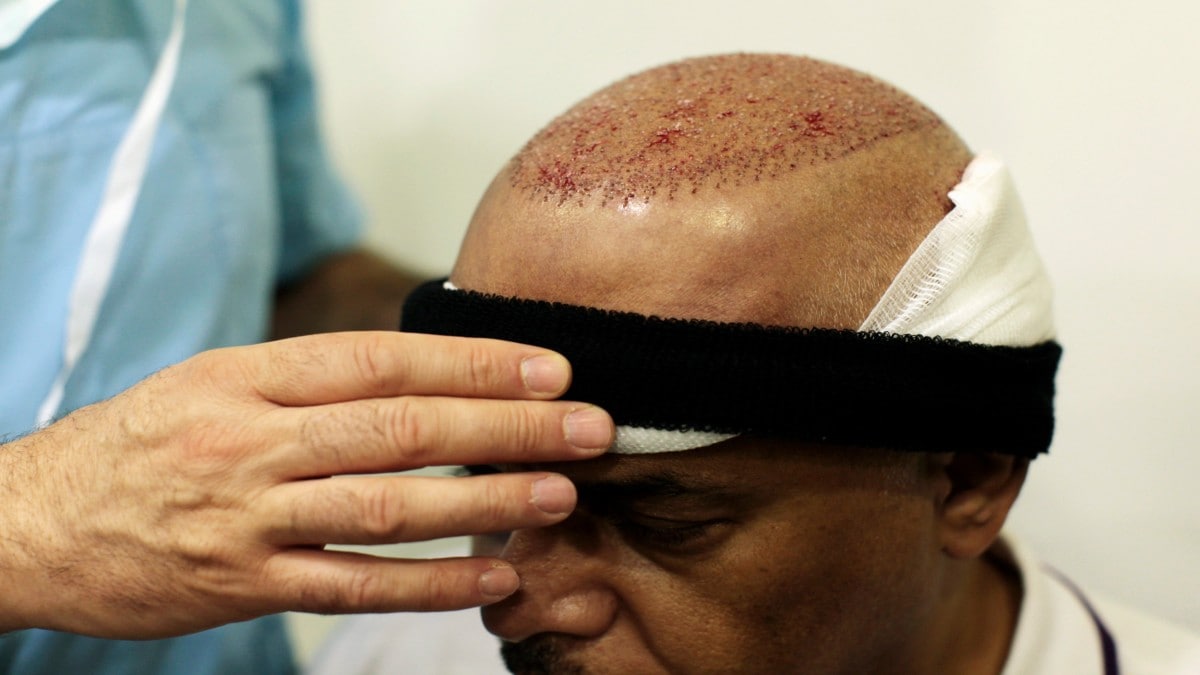


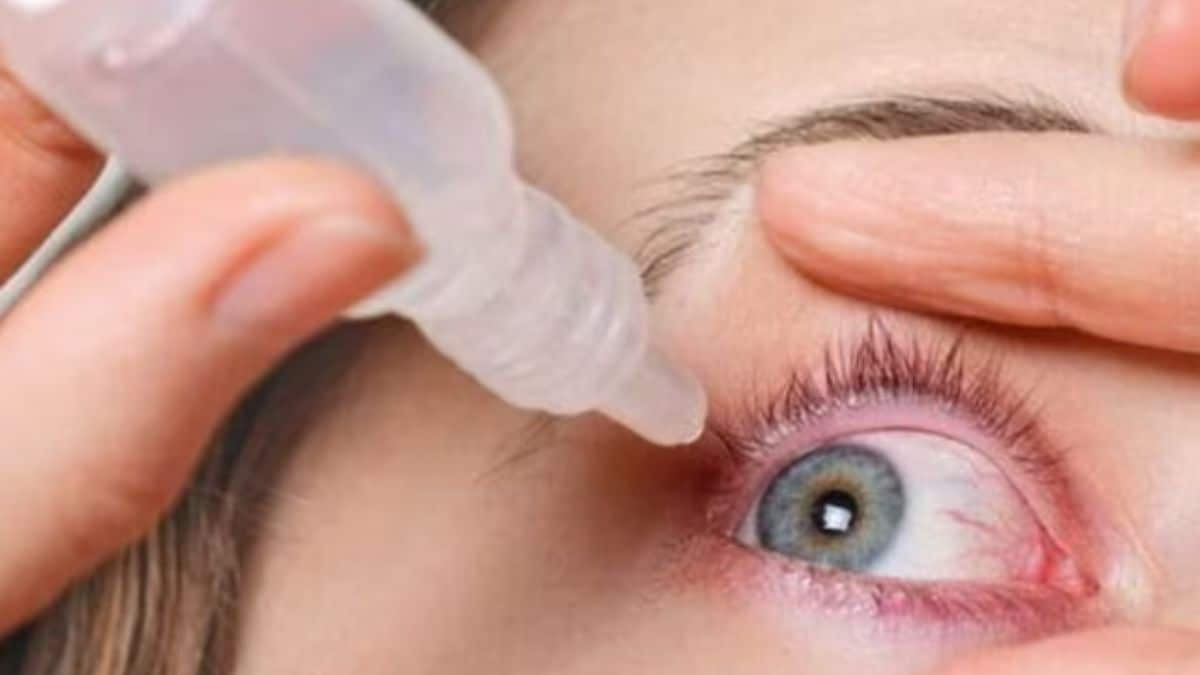



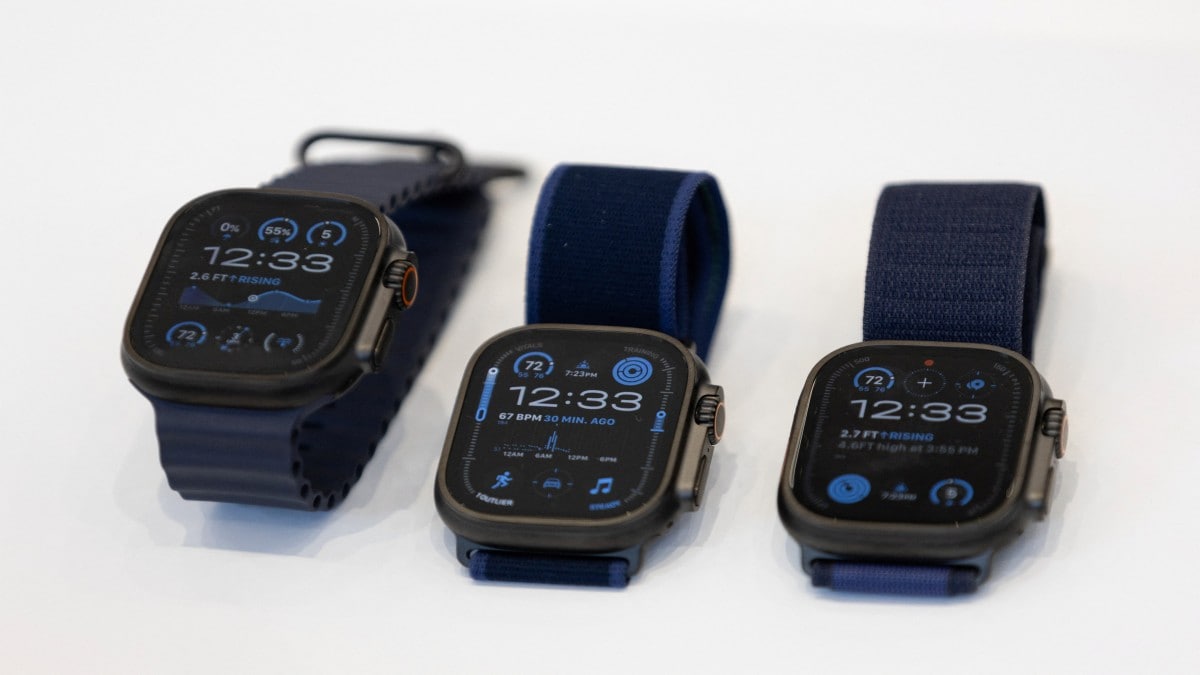

)
)
)
)
)
)
)
 English (US) ·
English (US) ·